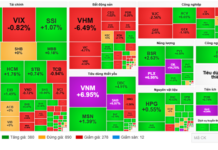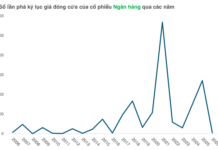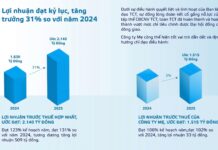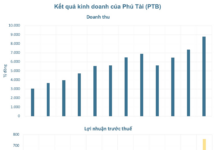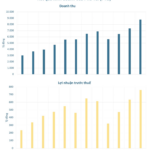Article 151 of the Law stipulates the specific cases in which land users are not granted a red book.
Firstly, agricultural land used for communal purposes of communes, wards, or towns, including the construction of cultural, sports, entertainment, public health, educational, market, cemetery, charitable housing, and solidarity housing facilities, as well as public works invested, managed, and utilized by the People’s Committee of the commune, will not be granted a red book.
Secondly, land managed by the State will not be granted a red book. This includes land for public works and their safety corridors, land with river waters and specialized water surfaces, land reclaimed by the State, land for investment projects, land for public use, land not yet leased or rented locally, unused land on islands, and land handed over to the community for management.
An exception is made for land granted for use that overlaps with land granted for management. In such cases, a red book will be issued for the area specified in the State’s land allocation or lease decision.
Thirdly, leased or subleased land from land users will not be granted a red book, except for cases of leasing or subleasing land from investors constructing and trading infrastructure in line with approved projects.
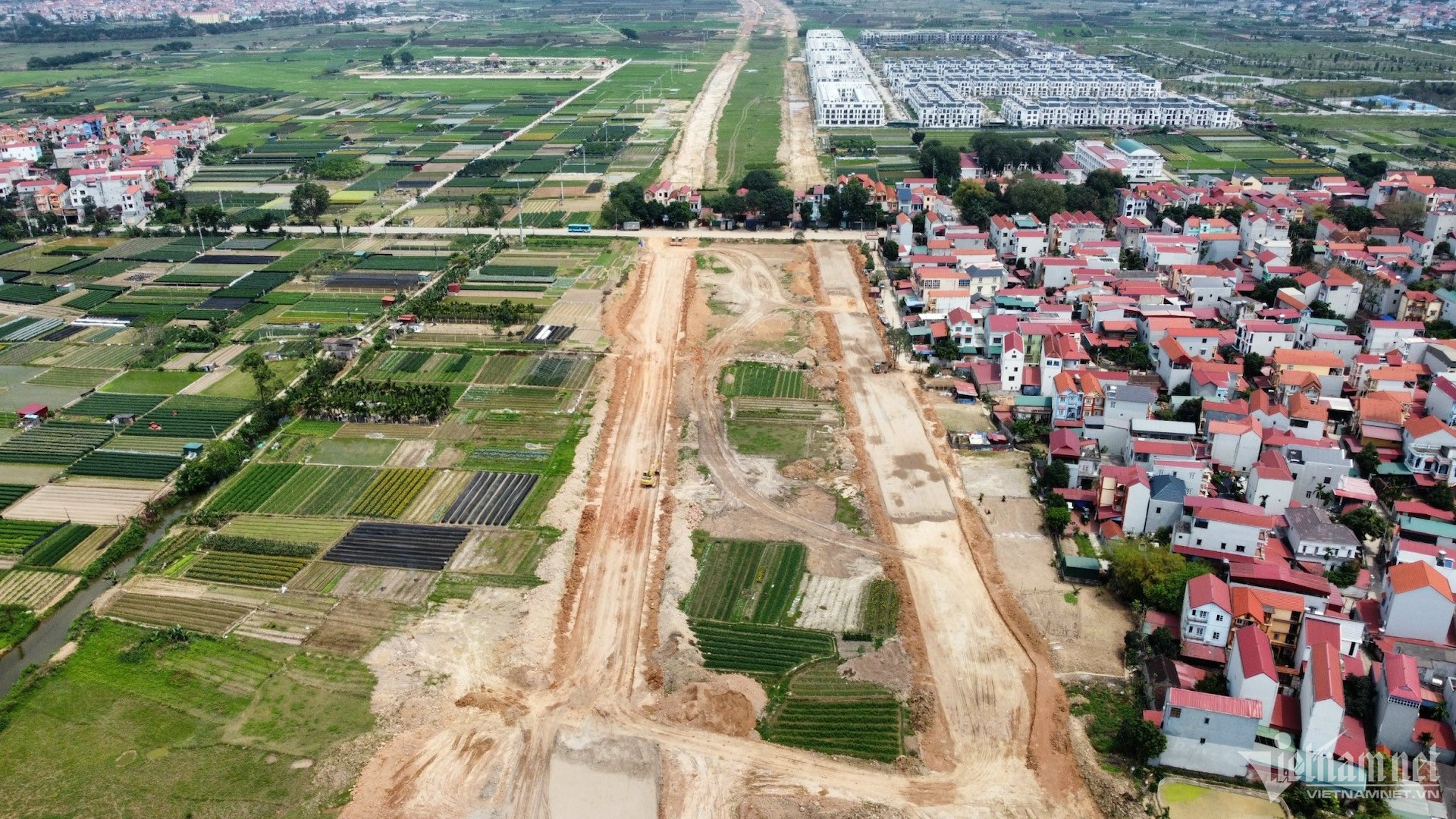 The 2024 Land Law, effective from August 1, 2024, stipulates seven cases where a red book will not be granted. Photo: Hong Khanh |
Fourthly, contracted land will not be granted a red book, except for agricultural and forestry land originating from allocated, contracted, white-contracted, leased, or borrowed land from agricultural and forestry farms before February 1, 2015, in the form of State-granted land without land use levy.
Fifthly, land with a State retrieval decision will not be granted a red book, unless more than three years have passed since the retrieval decision without project implementation.
Sixthly, land under dispute, subject to seizure, or with temporary emergency measures in place to ensure the execution of judgments, is also not eligible for a red book.
Seventhly, organizations granted land by the State without land use levy for public, non-business purposes will not be granted a red book.
Assets attached to land that are not granted a red book
The new Land Law also mentions five cases where assets attached to land are not granted a red book in Clause 2, Article 151.
Accordingly, assets attached to land plots in the above seven cases will not be granted a red book.
Secondly, temporary housing and structures built during the construction of the main structure or structures made of bamboo, rattan, leaves, and soil; auxiliary structures outside the scope of the main structure and serving its operation will not be granted a red book.
Thirdly, assets attached to land with a State notification or decision on clearance or retrieval are not granted a red book, unless more than three years have passed without project implementation.
Fourthly, houses and structures built after the prohibition of construction; encroaching on the boundary protection of technical infrastructure, historical-cultural relics that have been ranked; assets attached to land created after the approved planning and do not conform to the planning at the time of red book issuance will not be granted a red book.
An exception is made for owners of houses and structures who are not considered as prescribed in Articles 148 and 149 of this Law and have a temporary construction permit in accordance with the law on construction.
Fifthly, State-owned assets will not be granted a red book, except for assets identified as part of the State’s capital contribution to enterprises.
|
Article 148 stipulates six cases where a certificate of land use right and ownership of assets attached to land is granted for residential property. Article 149 stipulates five cases where a certificate of land use right and ownership of assets attached to land is granted for non-residential property. |
Hong Khanh
8-level Building for Sale at Nguy Nhu Kon Tum Street (Hanoi) Starting from 20.5 billion VND
This is an asset guaranteed by an individual at PVcomBank. The auctioned asset is the right to use 89m2 of land in urban areas, owning a house and other assets attached to the land at the address of block 12, collective residence B15 of the Ministry of Public Security (now number 17, alley 68, Nguy Nhu Kon Tum street), Nhan Chinh ward, Thanh Xuan district, Hanoi.
Does the new law tighten speculation in real estate?
The Land Law, Housing Law, and Real Estate Business Law, which were recently passed, have many strict regulations that aim to gradually address negative issues such as speculation and wastage of land resources, according to experts.

